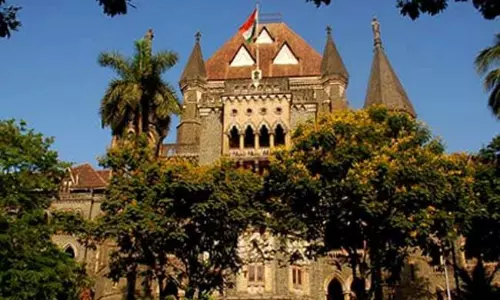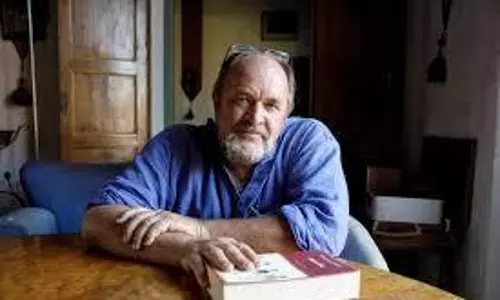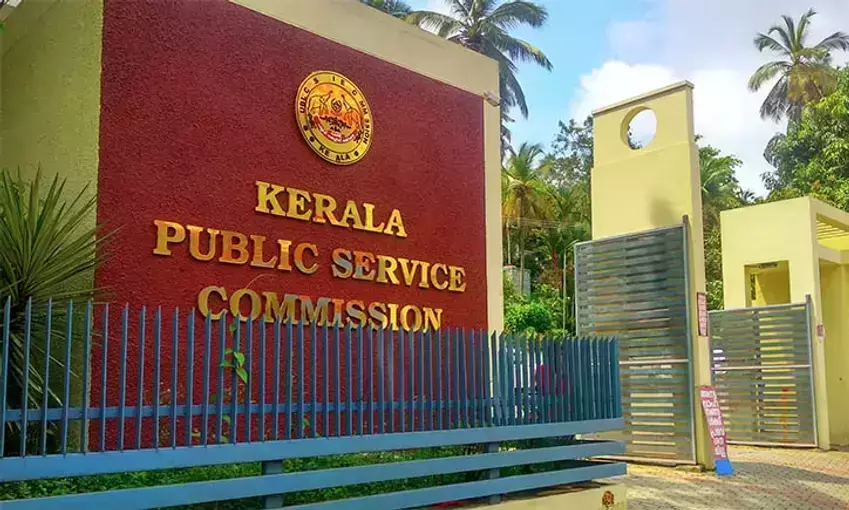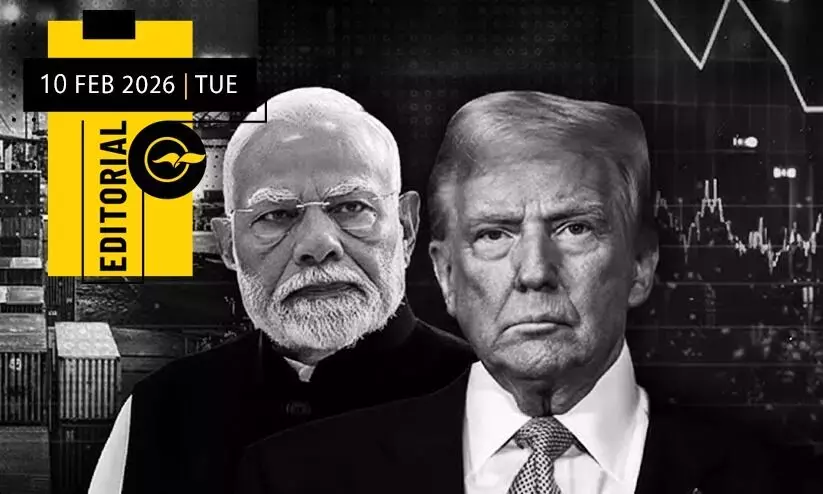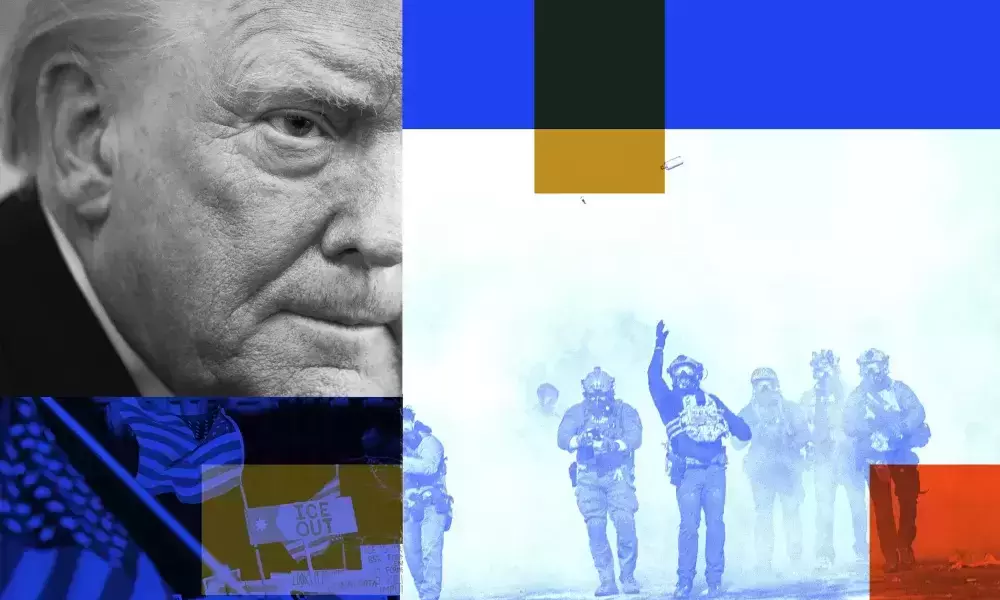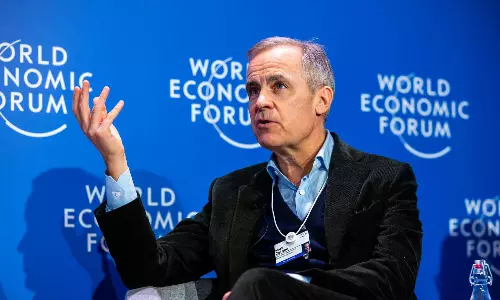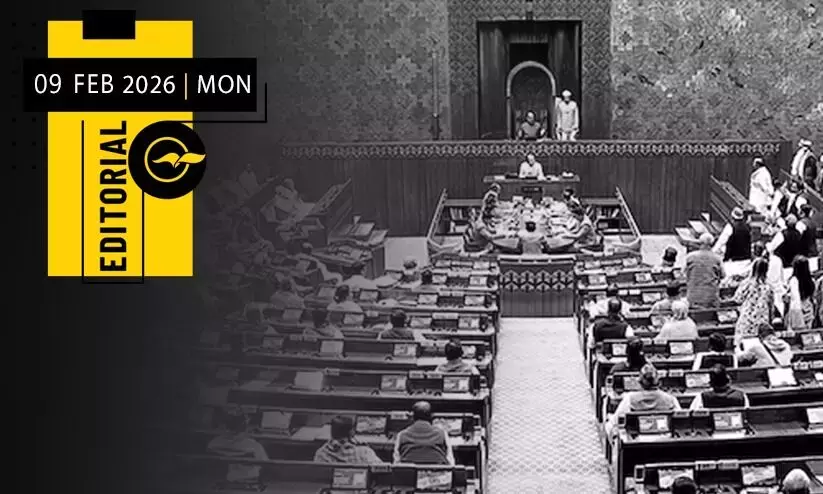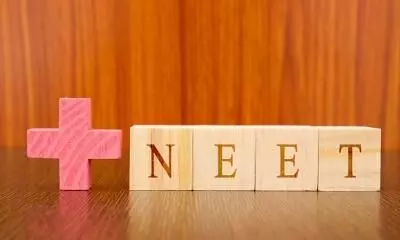
Union govt for retaining Rs 8 lakh income limit for EWS reservation in NEET-PG counselling
text_fieldsFollowing recommendations by an expert committee, the Centre has said it would continue with the existing criteria of the Economic Weaker Section for NEET-PG counselling. As changing the criteria midway will lead to complications, the Union government has decided to retain the existing criteria, it informed the Supreme Court in an affidavit dated December 31.
Accepting the recommendations of the Committee for Revisiting the Criteria Of The Economically Weaker Sections (EWS) Reservation, the government has made candidates of families whose annual income is up to Rs 8 lakh eligible for EWS reservation but excluded persons whose family has five acres or more of agricultural land, irrespective of income. Changing the existing system would create more complications for both beneficiaries and authorities, the expert committee noted. Instead, the revision should be implemented in the next academic year rather than midway.
The Supreme Court is set to hear on January 6, the follow-up of the case of income limit for reservation of seats in educational institutions and government jobs for the Economically Weaker Sections (EWS).
A petition that challenged the EWS criteria in the NEET selection process had led to the Supreme Court bench in November making some preliminary observations about the income limit. Regardless of the eventual judgment on that score, the Supreme Court had put a stay on the process pending further hearing.
When faced with a barrage of questions from the bench in the hearing on the petition on November 25, the Centre had agreed to revisit the criteria for determining the deserving from the economically weaker among the forwards to claim government jobs quota and seats in educational institutions.
The bench comprising Justices DY Chandrachud, Surya Kant and Vikram Nath, solicitor General Tushar Mehta had sought four weeks time which the bench granted. As a fallout, the counselling of NEET PG got deferred until the resolution of the matter. The bench then listed the hearing for January 6.
The point raised by the court on the issue of income limit was whether the same level of income used as cut-off mark for the creamy layer of Socially and Educationally Backward Classes (SEBC) which is the minimum for being treated as creamy layer, can be used to determine poverty level among the EWS. The bench had then made observations rejecting the logic of applying the same criterion for both, i.e one as minimum for being seen as rich and the other as maximum for poverty.
And it is to apprise the court of its position that the latest submission with the committee's recommendations has been made by the Centre's attorney before the court.
As regards the paradox that people earning Rs 8 lakhs and thus liable to pay income tax would claim benefits of the poor, the Centre's reasoning is that though anyone earning an income over Rs 5 lakh would come under the tax bracket, those earning Rs 8 lakh with different deductions in effect may not be actually paying income tax.
All crucial issues relevant to the EWS are thus expected to come up before the court. The case assumes more significance since the very Act providing for the EWS quotas, the 103rd Constitution Amendment is under challenge through several petitions before the apex court.
Meanwhile, resident doctors have been protesting the delay in conducting NEET-PG counselling. After a 14-day-long nationwide agitation, they called it off on December 31.








